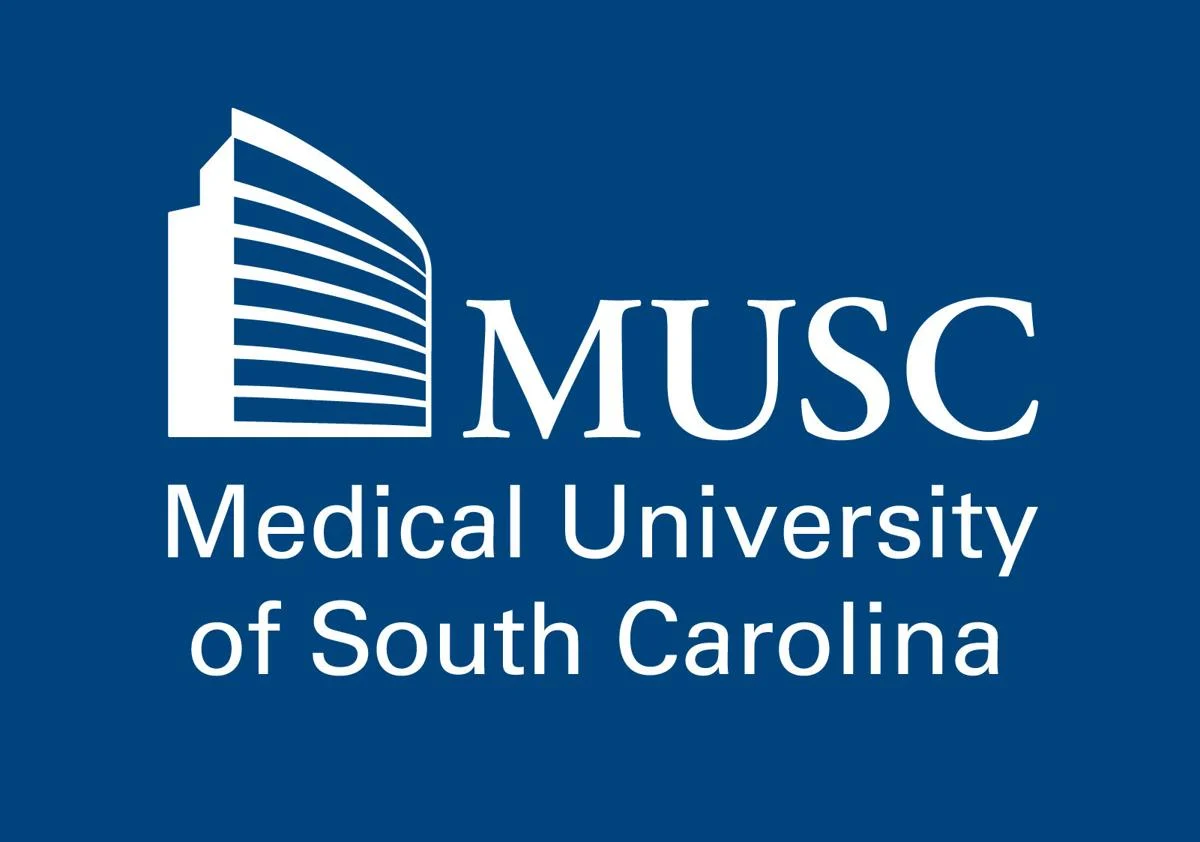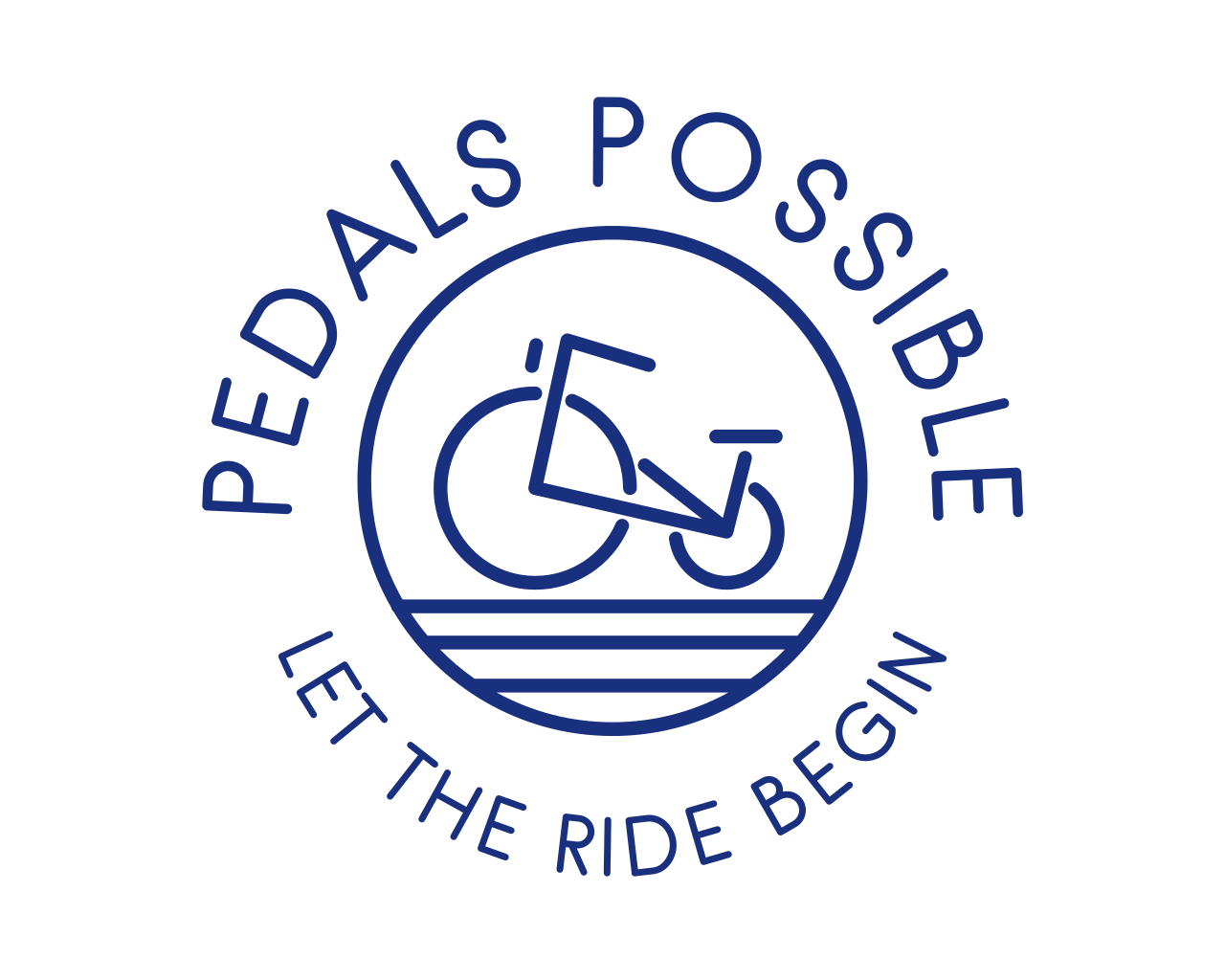More Than a Bike
Research will uncover the health benefits associated with the program
Lancaster County School District and Medical University of South Carolina (MUSC) Collaborative Pediatric Adaptive Cycling Program
Lancaster County School District has acquired 13 donated adaptive cycles and will implement a cycling program for children with disabilities within their special education program during the 2022-23 school year. Because Cindy Dodds, PT, PhD, PCS and her team have expertise in physical activity in children with disabilities, they have been asked for assistance and support with program outcomes, analyses, and dissemination. Lancaster County School District will manage informed consent. Children, whose parents or legal guardian consent, will participate in an adaptive cycling program for 20 minutes three days a week for 8 weeks. Data will be collected to assess individualized educational goals, cycling distance and efficiency, and happiness as well as parental and school staff satisfaction. All coded data will be managed by the Lancaster County School District PI, who is the primary special education school administrator. All data and outcomes shared with Dr. Dodds and team at MUSC will be de-identified for analyses and dissemination. MUSC’s Vice-President for Office of Research is providing support for study coordination for this adaptive cycling program that is a collaboration between Lancaster County School District and Medical University of South Carolina.

Aim 1:
Following participation in an school-sponsored adaptive cycling program in the school setting, children with disabilities will demonstrate improvements in individualized educational goals, cycling distance and efficiency, and happiness.
Hypothesis 1:
Following participation in an school-sponsored adaptive cycling program in the school setting, will children with disabilities demonstrate improvements in: a) individual educational goals as measured by goal attainment scaling ref, b) cycling distance and time as measured by recorder on the cycle, c) efficiency by the 6-Minute Cycling test, and d) happiness as measured by the Smiley Faces.
Aim 2:
Following children with disabilities’ participation in an adaptive cycling program in the school setting, parents and school staff members will reported good to excellent satisfaction with the school-sponsored cycling program.
Hypothesis 2:
Following children with disabilities’ participation in an adaptive cycling program in the school setting, will parents and school staff members reported good to excellent satisfaction on a likert scaled satisfaction survey following the cycling program?


Social Contact